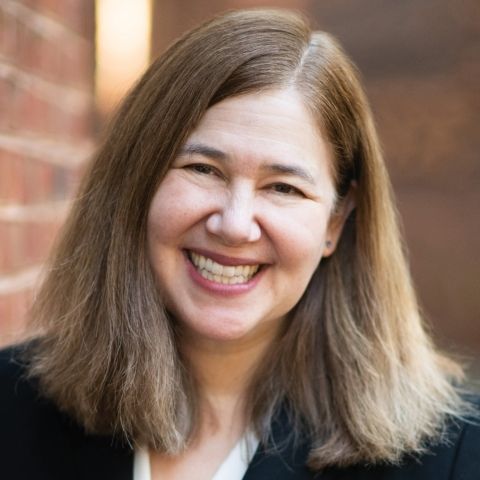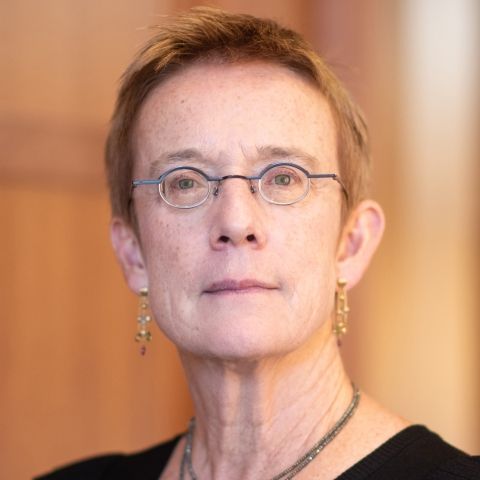



For the over half-million people currently homeless in the United States, the U.S. Constitution has historically provided little help: it is strongly...
During times of crisis, governments often consider policies that may promote safety, but that would require overstepping constitutionally protected...
In an era defined by partisan rifts and government gridlock, many celebrate the rare issues that prompt bipartisan consensus. But extreme consensus...
Working hand-in-hand with the private sector, largely in a regulatory vacuum, policing agencies at the federal, state, and local level are acquiring...
The decision in Students for Fair Admissions v. President and Fellows of Harvard [SFFA], invalidating the use of race in college admissions, reignites...
The United States has been cultivating STEM talent for decades with great success, but that robust talent pipeline is threatened by a growing STEM...
In a 6-3 ruling on Thursday, June 29, 2023, the U.S. Supreme Court struck down the use of race in college admissions at Harvard and the University of...
Those Who Need the Most, Get the Least: The Challenge of, and Opportunity for Helping Rural Virginia
Rural America, as has been well documented, faces many challenges. Businesses and people are migrating to more urban and suburban regions. The...
He who opens a school door, closes a prison. – Victor Hugo
Analogous to Nathaniel Hawthorne’s critique of his leaders’ decision to use punishment as a...
This year marks the fiftieth anniversary of the Supreme Court’s decision in San Antonio Independent School District v. Rodriguez that our Constitution...
In this Foreword, I lay out the case for intimate privacy—what it is, why it is in jeopardy, and how we can fight to get it back, if we try...
This Article examines the legal issues underlying hundreds of lawsuits, claiming unjust enrichment or breach of contract, brought by students who paid...
A widely studied topic in comparative law is the extent to which countries’ legal origins—and especially whether they are a civil or common law system...